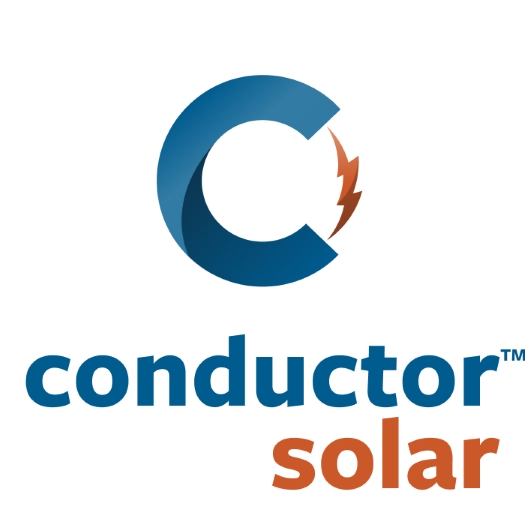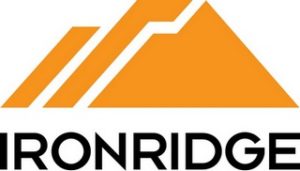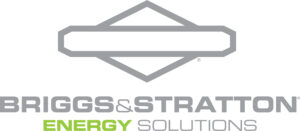Our guide to installing solar panels for your home seeks to answer the basic questions most people have about installing solar panels for their home or business.
Are solar panels worth it financially?
This is usually the first question a homeowner asks about solar panels.
The value of installing solar panels for your home depends on the payback period and the return on investment you receive.
This is determined by how much you pay for power, how much power you use, and the cost of solar panels in your city.
In states where power prices are most expensive, or solar rebates are best, solar panels payback periods can be as short as 5 years and even in states where electric prices are lower payback periods are still 8 to 10 years. In an era when bank savings and interest rates produce low returns, solar can be a very attractive investment given the high certainty that you will continue to need to use power into the future.
Another handy article if you are in the early stage of evaluating solar panels for your home or business is the pros and cons of solar energy.
How do I find the best solar companies near me?
To find the best solar companies, it is important to use consumer reviews websites such as SolarReviews, Consumer Affairs, and others.
If you enter your zip code on SolarReviews, you will be able to see the reviews of all of the solar panel installers near you.
As a renewable energy certification organization, NABCEP maintains a Board Certified Professionals Directory on its website which allows renewable energy consumers and stakeholders to look up NABCEP Certified Professionals in their area. This list contains NABCEP Certified Professionals from all of NABCEP’s current certification programs, including:
- PV Installation Professional
- PV Design Specialist
- PV Installer Specialist
- PV Commissioning & Maintenance Specialist
- PV Technical Sales
- PV System Inspector
- Solar Heating Installer
- Solar Heating System Inspector
Certification offers the public a high degree of protection because practitioners have to voluntarily meet standards and qualifications and pass an exam. Renewable energy consumers are encouraged to visit NABCEP’s Certified Locator as a way to judge the competency of potential installers.
SolarReviews.com also offers some quick links for cities that are currently experiencing the highest volumes of residential solar installation. A list of solar companies servicing each city in the US is available on SolarReviews.
Solar Companies in Arizona
Solar Companies in California
- Solar companies Los Angeles
- Solar Companies San Diego
- Solar Companies San Francisco
- Solar Companies Orange County
- Solar Companies Riverside
- Solar Companies Sacramento
- Solar Companies Santa Barbara
Solar Companies Colorado
Solar Companies Florida
Solar Companies Massachusetts
Solar Companies South Carolina
Solar Companies New York
It is also important to ask solar companies how many qualified staff they have and whether both system designers and installers have NABCEP certifications or credentials.
What are the best solar panels to buy?
When people ask “What are the best solar panels to buy,” they usually want to know two things:
- What is the best type of cell technology to use?; and
- What is the best brand of solar panels to buy?
Here is a discussion on the advantages and disadvantages of monocrystalline vs polycrystalline solar cells, the most common solar cell technologies used in residential solar installations in the USA. These are the only two mainstream choices as far as cell technology goes (although there are other cell technologies).
Regarding the best brands of panels, there are several ways in which you can evaluate brands:
- Consumer reviews of the top brands of solar panels.
- Expert review and comparison between of each of the top brands of solar panels in 2017.
- You can compare the efficiency of various solar panel brands.
How much do solar panels cost?
To explore the question of how much it will cost to install solar panels for your specific house, you generally first need to know what size solar system you need, or to put it another way, how many solar panels you need to cover your power use.
The number of solar panels your home needs depends on how much electricity solar panels produce in your area.
You can get an estimate of system size for your house by using a solar panel calculator such as Solar-Estimate or PVWatts. The advantage of the Solar-Estimate calculator is it also allows you to get your roof looked at by local solar companies and get an accurate quote from them. Without this involvement from solar companies, it is very hard for a pure online calculator to accurately estimate the right size of the system for your house. In most jurisdictions, there are set back and fire code regulations that control where on your roof you are allowed to place panels and local solar companies are the best source of information on these matters.
Once you have a system size that will fit your roof and produce the right amount of power, it is then easy to compare solar prices in your local area. At this point, you can either just seek out the average cost of installing a particular size solar system in your area or you can seek accurate solar quotes from local solar companies that will take into account all of the characteristics of your house.
Here is a good article about the factors that affect the cost of installing a solar system on a specific house.
What is the best way to finance a purchase of solar?
Going back a few years ago when solar was much more expensive than it is today, most people opted for a zero down lease or PPA as a means of getting solar. However, now that solar prices have fallen and there are now many more loan options available to buy solar outright this purchase option is becoming much more attractive.
Here is a link to a discussion about the pros and cons of leasing vs. buying solar panels and here is a discussion on the different types of solar, solar loans, and information about solar leases.
What solar rebates are available where I live?
In December 2015, the federal legislature extended the 30% solar income tax credit through the end of 2019, which is available to all American homeowners that wish to install solar and have an annual federal income tax liability against which this credit can be claimed. This is the largest single incentive in the solar industry and is one of the primary drivers of the growth of uptake in residential solar in America.
However, another major incentive is Net Metering which is available in one form or another in over 30 states. This is a very important incentive because it gives you credit for your solar electricity generated during the day that is beyond the needs of your house and allows you to use that credit to meet your power needs when your solar energy production is insufficient to meet your needs (such as at night).
In some states, there are also state tax credits for solar installations and upfront incentives offered by some utilities to encourage their customers to install solar panels.
You can find out what incentives are available in your area by using the solar panel calculator.








































